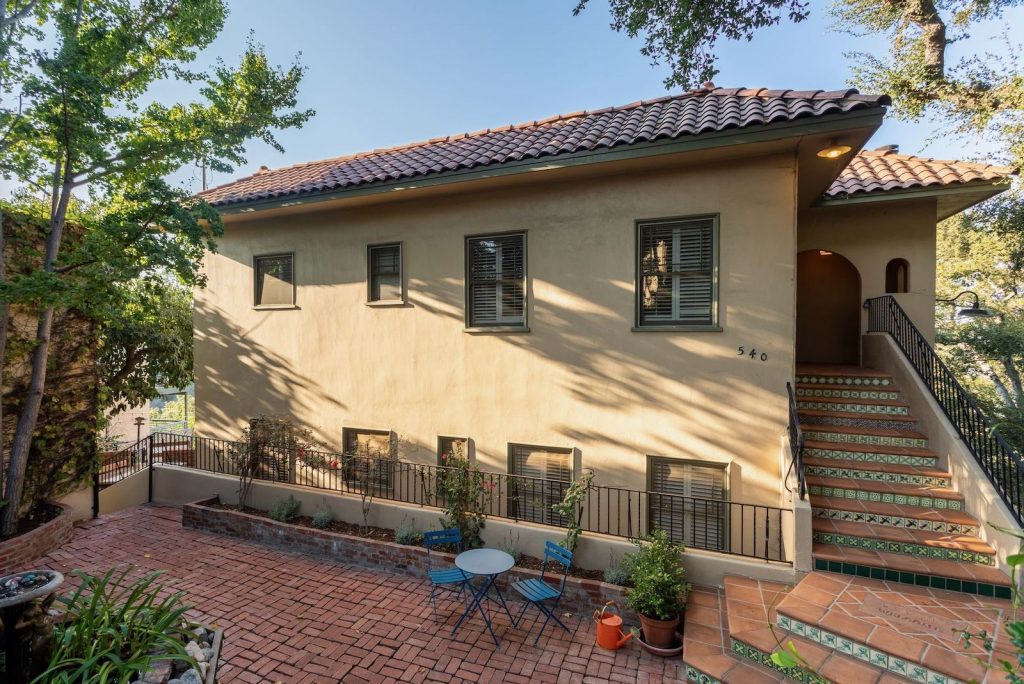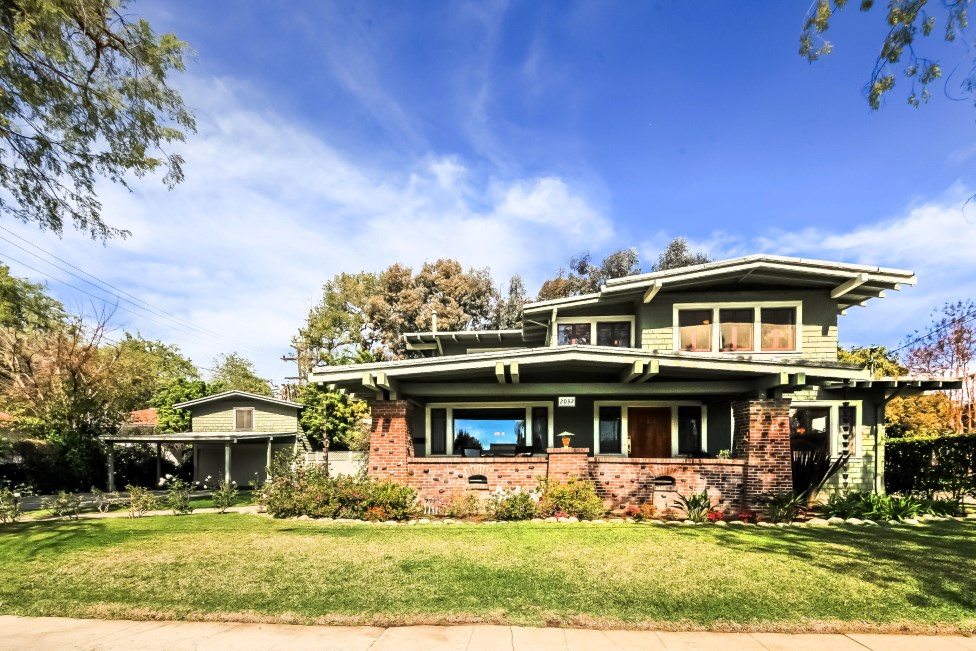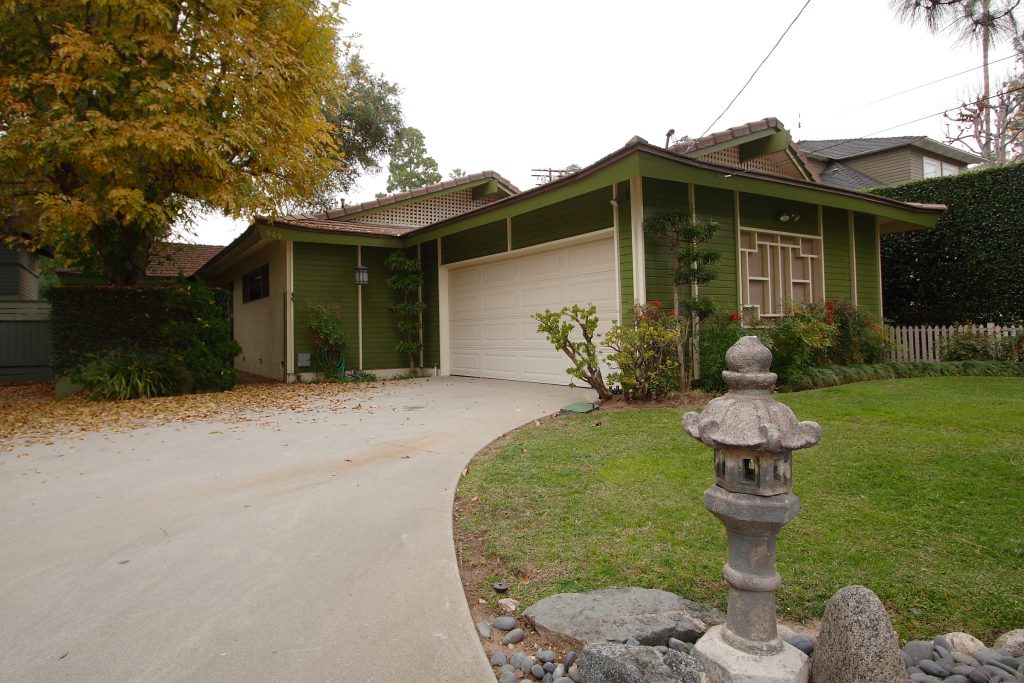Coldwell Banker
388 S. Lake Avenue,
Pasadena, CA 91101
office: 626.797.6500
Email: [email protected]
Bid to Curb Mortgage Tax Break Falters
The latest effort to scale back some tax deductions on mortgage interest, one of the nation’s most-enduring tax breaks, is finding little support in Congress.
President Barack Obama’s latest budget proposal, released in February, includes a provision that would shrink deductions for mortgage interest, real-estate taxes, charitable contributions and other items for married couples with annual incomes of more than $250,000, or individual filers earning more than $200,000. Under the proposal, such taxpayers would save 28 cents of tax liability for every $1 of mortgage interest or other eligible expenses, down from 35 cents now.
But the proposal has gained no traction in Congress so far. Members from both parties are concerned about how it would affect both the housing market and charitable contributions, says Matthew Beck, a spokesman for the Democratic majority on the House Ways and Means Committee.
The administration believes the proposal would reduce the deficit and “distribute the cost of government more fairly among taxpayers of various income levels,” says a Treasury spokeswoman.
But lobbyists for the real-estate industry say scaling back the deduction would hurt demand for housing at a time when the market remains fragile. “It seems very counterintuitive to impose this kind of pain on an industry that’s already suffering more than any industry in America,” says Jerry Howard, chief executive of the National Association of Home Builders.
Lucien Salvant, spokesman for the National Association of Realtors, says the proposal “amounts to a tax increase on an important group of homeowners and would rob buyers of the incentive to move up in the housing market.”
The Treasury rejects those arguments. “This proposal is unlikely to have any real effect on the housing market since tax benefits are only one small part in determining the overall demand for high-end housing,” the Treasury spokeswoman says.
Congress has rejected numerous attempts over the years to scale back or eliminate this deduction, which has been available since the federal income tax was created in 1913. The deduction is often defended as a means of boosting homeownership.
Yet critics of the deduction say that, in practice, the deduction does little or nothing to expand homeownership.
Eric Toder, a fellow at the Urban-Brookings Tax Policy Center, a left-leaning Washington think tank, says that low- to moderate-income people—those who might have to stretch to afford a home—typically don’t itemize deductions on their tax forms and so get no benefit from this tax break.
The main effect of the deduction, Mr. Toder says, is to lower the cost of borrowing for wealthier people, most of whom would own property in any case. The deduction also may have helped inflate the housing bubble by subsidizing mortgage borrowing, encouraging people to take on more debt than they otherwise would have.
In a 2007 report, the Urban-Brookings Tax Policy Center argued that the deduction drives up land and housing costs. It recommended replacing the deduction with a tax credit and subsidized savings program for first-time home buyers.
Under current law, taxpayers are allowed to take deductions from home-purchase mortgage loans with original balances of as much as $1 million, plus another $100,000 of home-equity borrowings. This debt can include loans used to buy second homes or even boats that have sleeping quarters, bathrooms and kitchens, says Gregory Rosica, a partner at the accounting firm Ernst & Young in Tampa.
The congressional Joint Committee on Taxation recently estimated that the mortgage-interest deduction this year will reduce tax revenue by about $104 billion. About 75% of those benefits go to people with incomes of more than $100,000 a year, a report from the tax committee found.
Mr. Rosica of Ernst & Young calculates that, for a typical taxpayer with total income of $500,000 and itemized deductions of $50,000, the scaled-back deductions would mean $5,000 of added tax liability. For a taxpayer with $1 million of income and $136,000 of itemized deductions, the added tax liability would be about $13,000, he says.















































